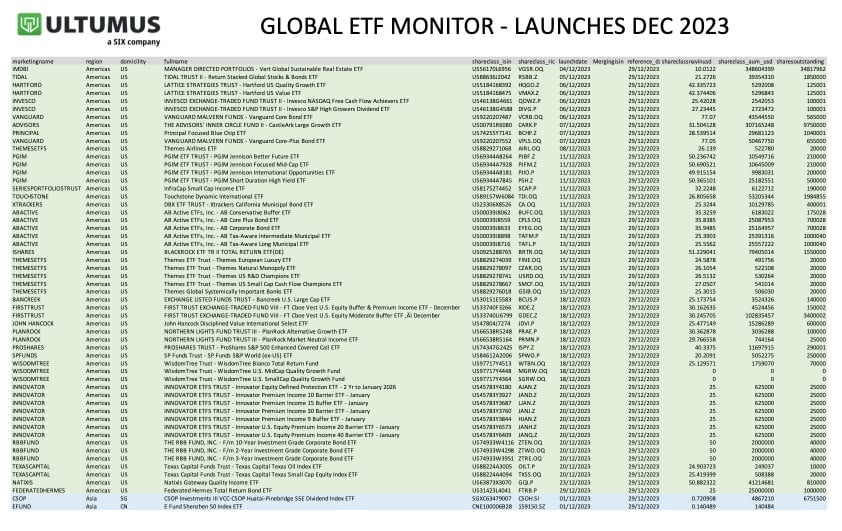AustraliaBetaShares lists multi-asset ETFsBetaShares is listing a suite of multi-asset ETFs, in a bid to claim territory from Vanguard.
The four new ETFs are tailored to different risk appetites. The riskiest ETF – called “high growth”- will mostly hold shares. While the least risky ETF – called “conservative income” – will mostly hold bonds.
The ETFs will use other BetaShares-owned ETFs as a way of accessing shares and bonds.
- BetaShares Diversified High Growth ETF (90% shares, 10% bonds)
- BetaShares Diversified Growth ETF (70% shares, 30% bonds)
- BetaShares Diversified Balanced ETF (50% shares, 50% bonds)
- BetaShares Diversified Conservative Income ETF (25% shares, 75% bonds)
The funds will charge 0.26%, one basis point cheaper than Vanguard’s multi-asset ETFs.
Multi-asset ETFs are popular with direct investors and with some – usually smaller – financial advisors. They provide a one stop shop for building portfolios and give investors access to several index funds in a single trade.
They make it easy to run a “core and explore”, investing approach. This is where the “core” of an investors portfolio is in safe cheap index funds – such as today’s listings – while the “explore” part of the portfolio takes more risk or expresses investors’ preferences.
Analysis – commoditised, just like their underlying funds. And by the way, what happened to W200?
When I saw these listings, my first question was: what happened to the BetaShares Global Blue Chip Titans ETF (W200)? W200 was sort of listed on the ASX in August 2018. I say “sort of” because while the paperwork was all done and dusted, and while Bloomberg says the fund is pending, the fund – 15 months later – is yet to trade.
I ask because it would have made a lot of sense to stick W200 in these new ETFs. It would have allowed BetaShares to build multi-asset funds exclusively using house products, and rebate all the underlying ETF fees. But without W200, is potentially missing a jigsaw piece.
The other thought, for me, is: what room is there to resist fee compression on this type of fund? If the Canadian experience is any guide, these types of plain vanilla multi-asset ETFs get commoditised very quickly – just like their underlying ETFs. On this score, BetaShares under-pricing of Vanguard is instructive.
Then again, Australia might be different.




